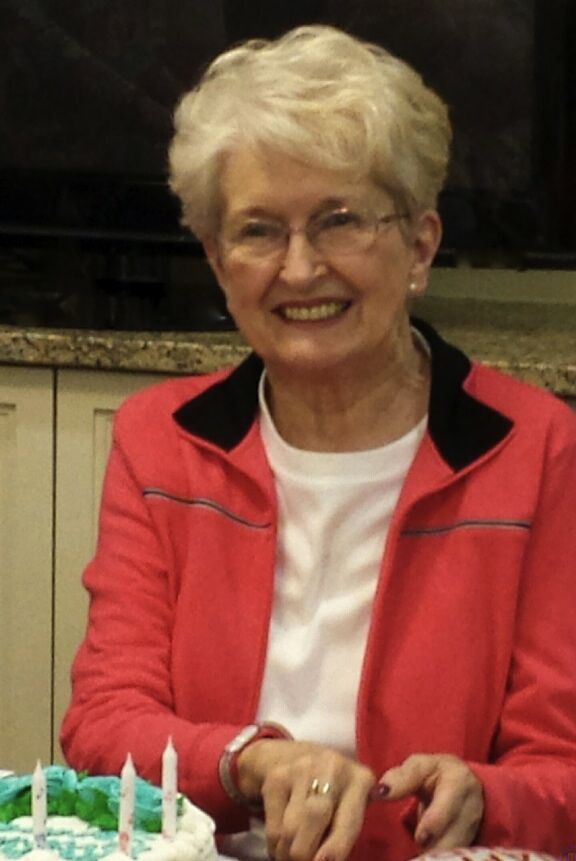by Erin Tishman
You’ve heard the term “mind over matter”? Caregivers likely take this phrase to heart more than the majority of the population. Despite the constant pressure of managing their loved one’s physical and medical needs, many caregivers simultaneously balance jobs, family and other personal matters. So they hunker down, get in a good mindset and just do what needs to be done.
Truth be told, caregivers are a very strong and resilient bunch. At the same time, however, they are human and are susceptible to breaking down emotionally. No matter how many responsibilities a caregiver can juggle all at once, there’s a good chance they’ll all come crashing down if precautions aren’t taken.
Take Ellen, for example. She’s one of my clients. For years, she thrived as a typical working mother. She held a high-profile job as a marketing executive in a prestigious New York firm. Despite long hours at work and a tedious commute, Ellen made sure she was an attentive and active parent. She volunteered at her kids’ school, never missed a sporting event and was always home in time to cook dinner and help with homework. Ellen had found a work/life balance that most people only dream of.
Last year, Ellen’s seemingly perfect schedule was turned upside down when her elderly father was diagnosed with a terminal form of cancer. He was able to manage the disease for a few months, but soon needed constant medical care. Ellen moved her father into her home and assumed the role of primary caregiver. At first, Ellen kept her regular schedule intact. But when her father’s needs grew more intensive, Ellen’s carefully balanced routine started to crumble: she was forced to miss more and more meetings at work; shuttling her kids to extracurricular activities became a challenge; and just the thought of cooking dinner exhausted her.
Continue Reading














